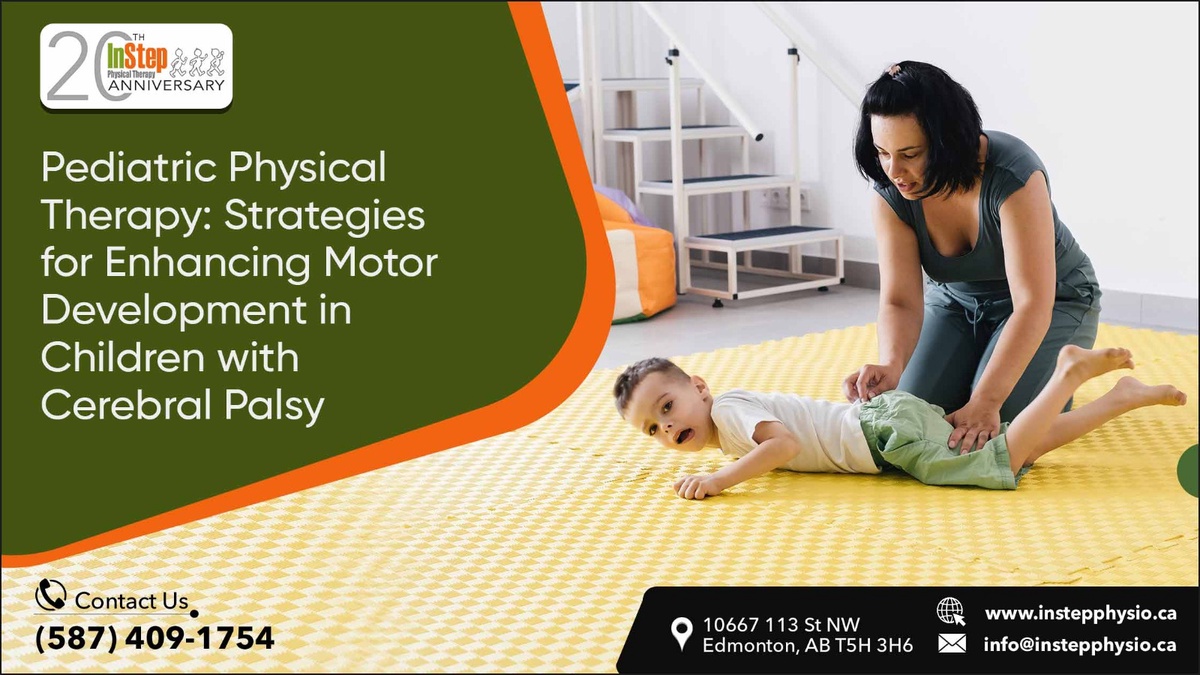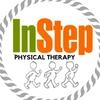In the realm of pediatric physiotherapy, addressing the unique needs of children requires innovative and holistic approaches. One such approach gaining recognition is the incorporation of sensory integration techniques. In Step Physiotherapy, a provider dedicated to fostering children's well-being, embraces these techniques as a key element of their practice. This article explores the profound benefits of sensory integration techniques in pediatric physiotherapy, shedding light on how In Step Physiotherapy is making a positive impact on the lives of young patients.
Understanding Sensory Integration
Sensory integration refers to the brain's ability to organize and interpret information received through the senses. For children, particularly those with developmental challenges, sensory integration may be disrupted, affecting their motor skills, coordination, and overall ability to engage with the environment. Sensory integration techniques aim to create a harmonious connection between sensory input and motor responses, fostering improved physical and cognitive development.
The Role of Sensory Integration in Pediatric Physiotherapy
Enhanced Motor Skills Development:
Sensory integration techniques employed by In Step Physiotherapy play a pivotal role in improving motor skills among children. By creating activities that stimulate various senses, therapists can enhance a child's ability to coordinate movements, promoting better balance and control.
Improved Body Awareness:
Many children with developmental challenges struggle with body awareness. Sensory integration techniques help them develop a clearer understanding of their bodies in space, leading to improved posture and a more refined sense of movement.
Regulation of Sensory Responses:
Children often face challenges in regulating their responses to sensory stimuli. In Step Physiotherapy employs techniques that help children modulate their reactions to sensory input, contributing to better emotional regulation and behavioral responses.
Increased Engagement and Participation:
Sensory-rich activities make physiotherapy sessions more engaging for children. This increased engagement not only makes therapy more enjoyable but also enhances the effectiveness of interventions.
Facilitation of Neuroplasticity:
Sensory integration has the potential to stimulate neuroplasticity, the brain's ability to reorganize itself. In the context of pediatric physiotherapy, this means that children's brains can develop new pathways, leading to improved physical and cognitive abilities.
In Step Physiotherapy's Approach
Individualized Assessment:
In Step Physiotherapy begins each child's journey with a thorough assessment of their sensory needs. This individualized approach allows therapists to tailor interventions that specifically target the child's unique challenges and strengths.
Incorporation of Play-Based Activities:
Recognizing the importance of play in a child's development, In Step Physiotherapy integrates play-based activities into their sensory interventions. This not only makes therapy enjoyable for the child but also aligns with evidence suggesting that play enhances learning and skill development.
Collaboration with Caregivers:
In Step Physiotherapy recognizes the vital role caregivers play in a child's development. Therapists work collaboratively with parents and guardians, providing them with tools and strategies to continue sensory integration techniques at home, creating a seamless continuum of care.
Continuous Monitoring and Adjustment:
Children's needs evolve as they grow, and In Step Physiotherapy Edmonton ensures that interventions adapt accordingly. Regular monitoring allows therapists to make necessary adjustments, ensuring that the child continues to progress in their development.
Case Study: A Success Story
To illustrate the impact of sensory integration techniques, consider the case of Sarah, a five-year-old diagnosed with developmental coordination disorder. Sarah struggled with basic motor skills and exhibited signs of sensory processing challenges. In Step Physiotherapy designed a personalized program incorporating sensory integration techniques.
Sarah's program included activities such as obstacle courses that engaged her tactile and proprioceptive senses, swinging exercises to enhance vestibular input, and activities involving textured materials to address tactile sensitivities. Over several months, Sarah's motor skills significantly improved, and her confidence soared. The collaboration between therapists and Sarah's family played a crucial role in the success of her intervention.
Read Related Physiotherapy Article: When is early intervention crucial for optimal outcomes in physiotherapy?
Conclusion
In Step Physiotherapy's commitment to integrating sensory techniques into pediatric physiotherapy showcases a progressive and effective approach to addressing the diverse needs of young patients. The benefits of sensory integration extend beyond the physiotherapy session, influencing a child's overall development and well-being. As we continue to explore innovative methods in pediatric care, the emphasis on sensory integration techniques stands as a testament to the evolving landscape of . Pediatric Physiotherapy Edmonton , promoting inclusivity and better outcomes for children with developmental challenges.
#pediatricphysiotherapy #pediatricphysiotherapyedmonton #pediatricphysiotherapynearme #childrensphysiotherapyservices #instepphysio #physiotherapy #instepphysicaltherapy #instepphysiotherapyedmonton


No comments yet